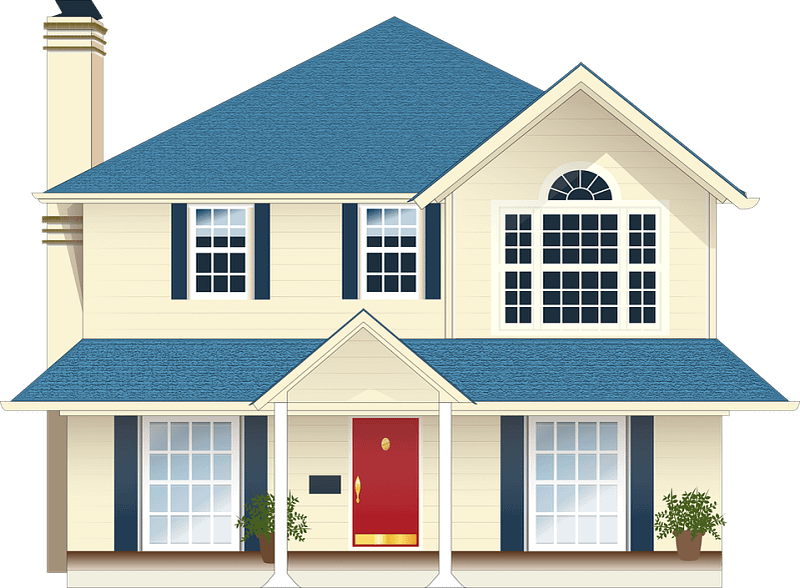Do You Pay Capital Gains On A Primary Residence?

The short answer is no – as long as it meets the criteria for being your principal residence. Here’s why, and under which conditions.
As a Canadian, you may be wondering whether you have to pay capital gains tax on the sale of your home. After all, it’s not uncommon for people to make a significant profit when selling their home. This is especially true if they’ve lived there for a long time and the value of real estate has increased.
It’s important to note that capital gains tax is a tax on the profit you make from selling an asset, such as a stock or real estate. In Canada, only 50% of the capital gain is included in your income and taxed at your marginal tax rate.
Criteria For Capital Gains Exemption On The Sale Of A Principal Residence
According to the CRA, a principal residence is a home that you or your family lived in as your main home during the time you owned it. This means that, in order to be considered your principal residence, you must have lived in it for at least half of the year or more.
If you meet this criteria, you won’t have to pay capital gains tax on the sale of your home, even if you made a profit. This is because the principal residence exemption allows you to exclude the gain from your income. This is regardless of how much it is.
Exceptions For The Capital Gains Exemptions
It’s important to note that there are some exceptions to the capital gains exemption for principal residence rule. If you used your home for business purposes, such as running a daycare or operating a home-based business, you may have to pay capital gains tax on the portion of the home that was used for business.
If you have a multi-unit property such as a duplex or triplex, you will be capital gains exempt for the portion in which you lived upon the sale.
Additionally, if you have multiple homes and only designate one as your principal residence, you may have to pay capital gains tax on the sale of the other homes.
It’s also worth noting that a vacation home is excluded. You will have to pay capital gains tax on the sale of these types of properties.
We hope that understanding the rules and exemptions surrounding capital gains tax on primary residences can help you make informed decisions about buying and selling property in Canada.
